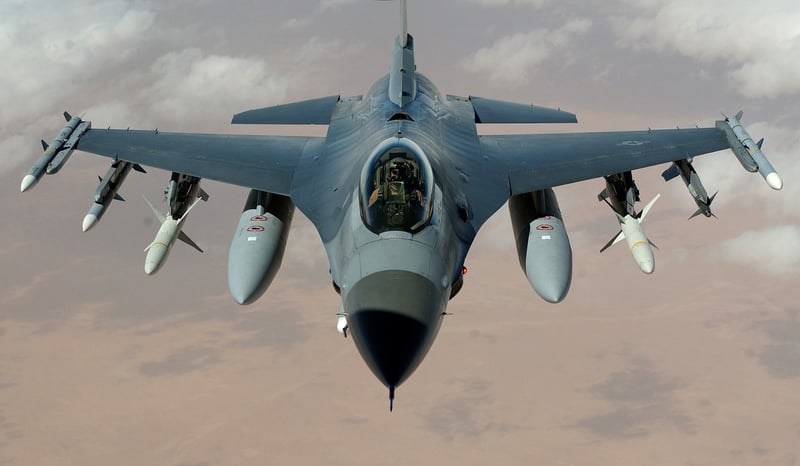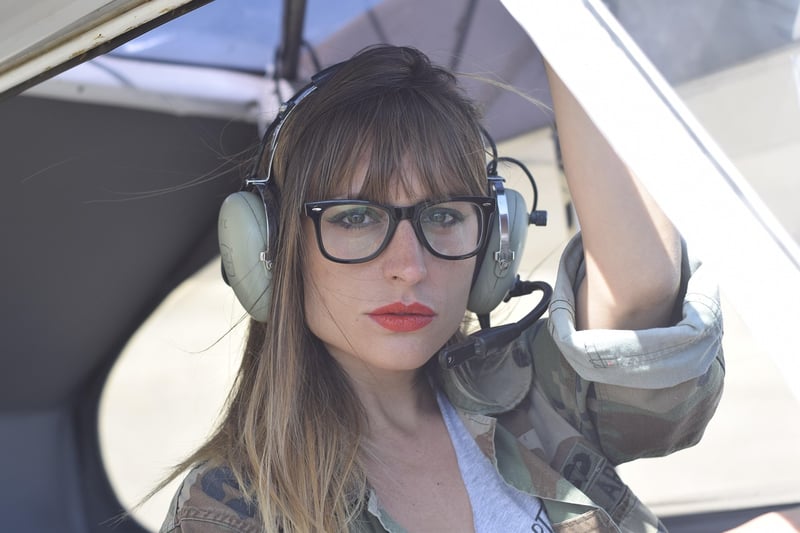Robotic Co-pilots
Revolutionizing the Skies: Intelligent Aviation Solutions and Robotic Co-pilots
In the ever-evolving world of aviation, technology continues to play a crucial role in shaping the future of air travel. From advanced navigation systems to cutting-edge communication tools, the industry is constantly seeking innovative solutions to enhance safety, efficiency, and passenger experience. One of the most exciting developments in recent years is the integration of intelligent aviation solutions and robotic co-pilots.
The Rise of Intelligent Aviation Solutions
Intelligent aviation solutions leverage artificial intelligence (AI), machine learning, and data analytics to optimize various aspects of flight operations. These solutions can analyze vast amounts of data in real-time, enabling airlines to make informed decisions that improve fuel efficiency, reduce maintenance costs, and enhance overall performance.
By harnessing the power of predictive analytics, intelligent aviation solutions can also help airlines anticipate maintenance issues before they occur, thereby minimizing aircraft downtime and improving reliability. Additionally, AI-driven algorithms can optimize flight routes based on weather patterns and air traffic, leading to shorter travel times and reduced fuel consumption.
The Advent of Robotic Co-pilots
Robotic co-pilots, also known as autonomous flight systems, are designed to assist human pilots in various flight tasks, such as navigation, communication, and monitoring. These advanced systems use sensors, cameras, and AI algorithms to analyze the surrounding environment and provide real-time feedback to the pilot.
By working in tandem with human pilots, robotic co-pilots can enhance situational awareness, improve decision-making, and ultimately increase flight safety. These systems can also help reduce pilot workload, especially during long-haul flights or in challenging weather conditions, allowing pilots to focus on critical tasks while the robotic co-pilot handles routine operations.
The Future of Aviation
As intelligent aviation solutions and robotic co-pilots continue to evolve, the future of air travel looks more promising than ever. By embracing these cutting-edge technologies, airlines can enhance operational efficiency, reduce costs, and deliver a safer and more seamless travel experience for passengers.
With ongoing advancements in AI, automation, and connectivity, the aviation industry is poised to enter a new era of innovation and transformation. From autonomous drones to supersonic air travel, the possibilities are endless as we navigate towards a smarter, more efficient, and sustainable aviation ecosystem.

Join us as we embark on this exciting journey towards intelligent aviation solutions and robotic co-pilots, shaping the future of flight and redefining the way we soar through the skies.
For more information on the latest trends and innovations in aviation technology, visit Aviation Today.
